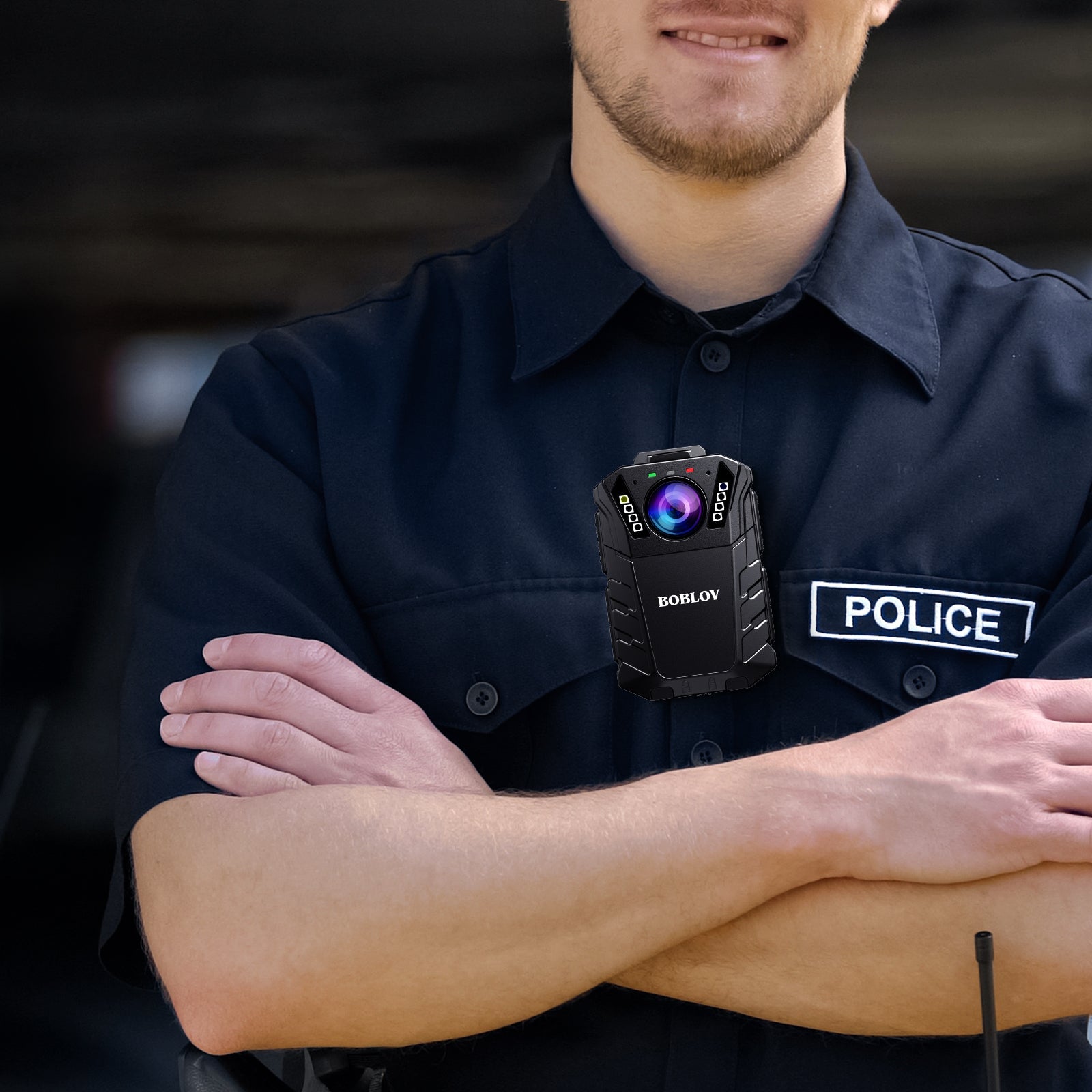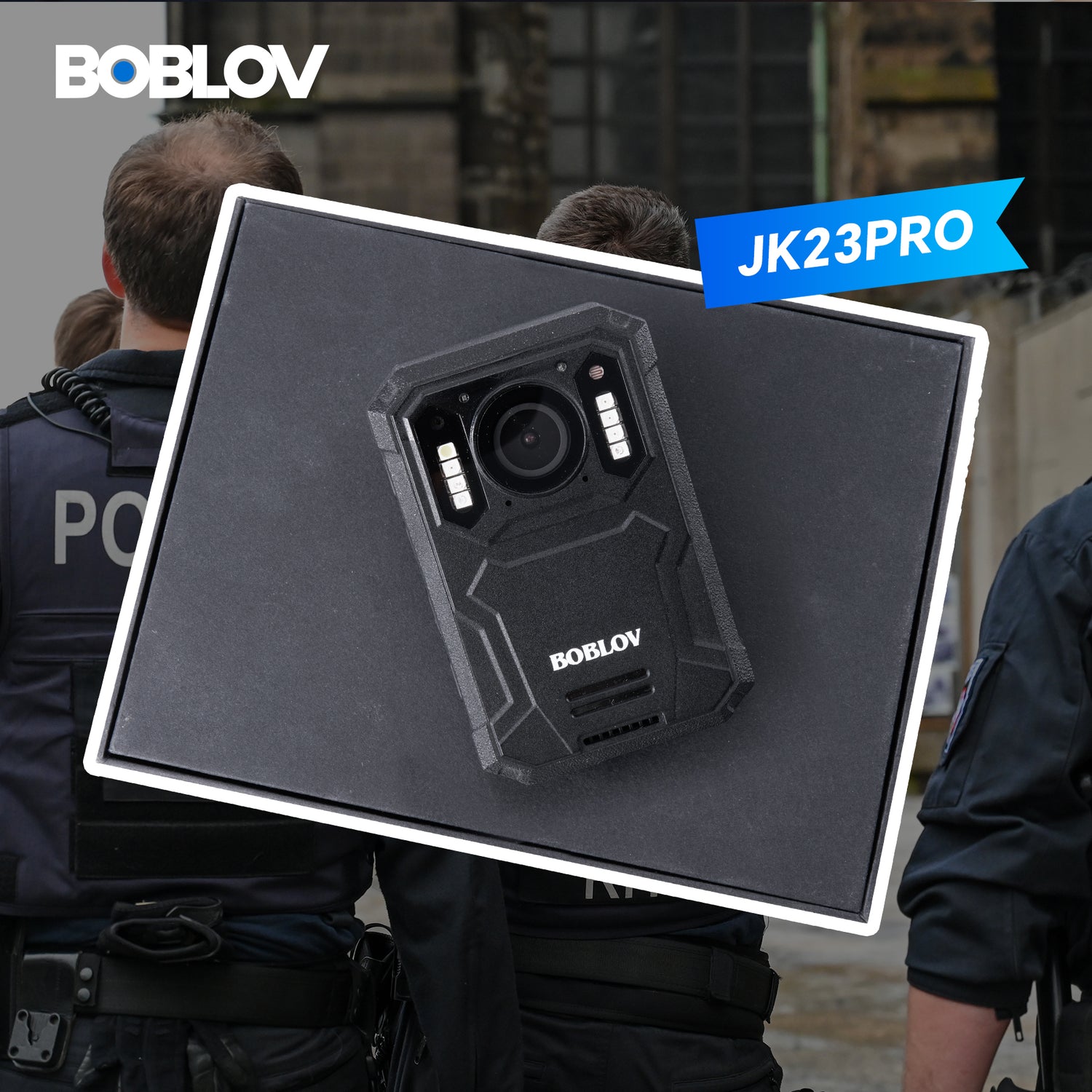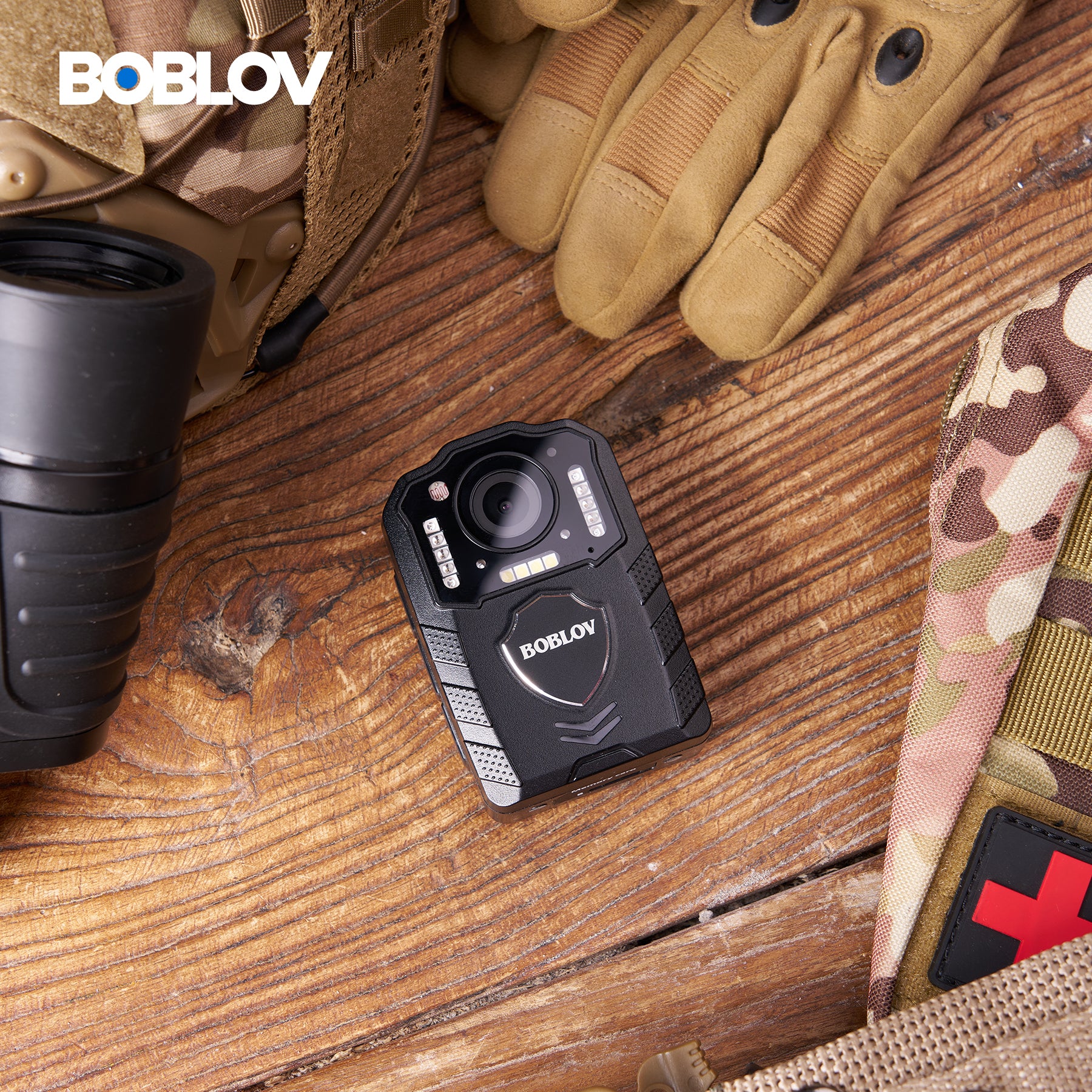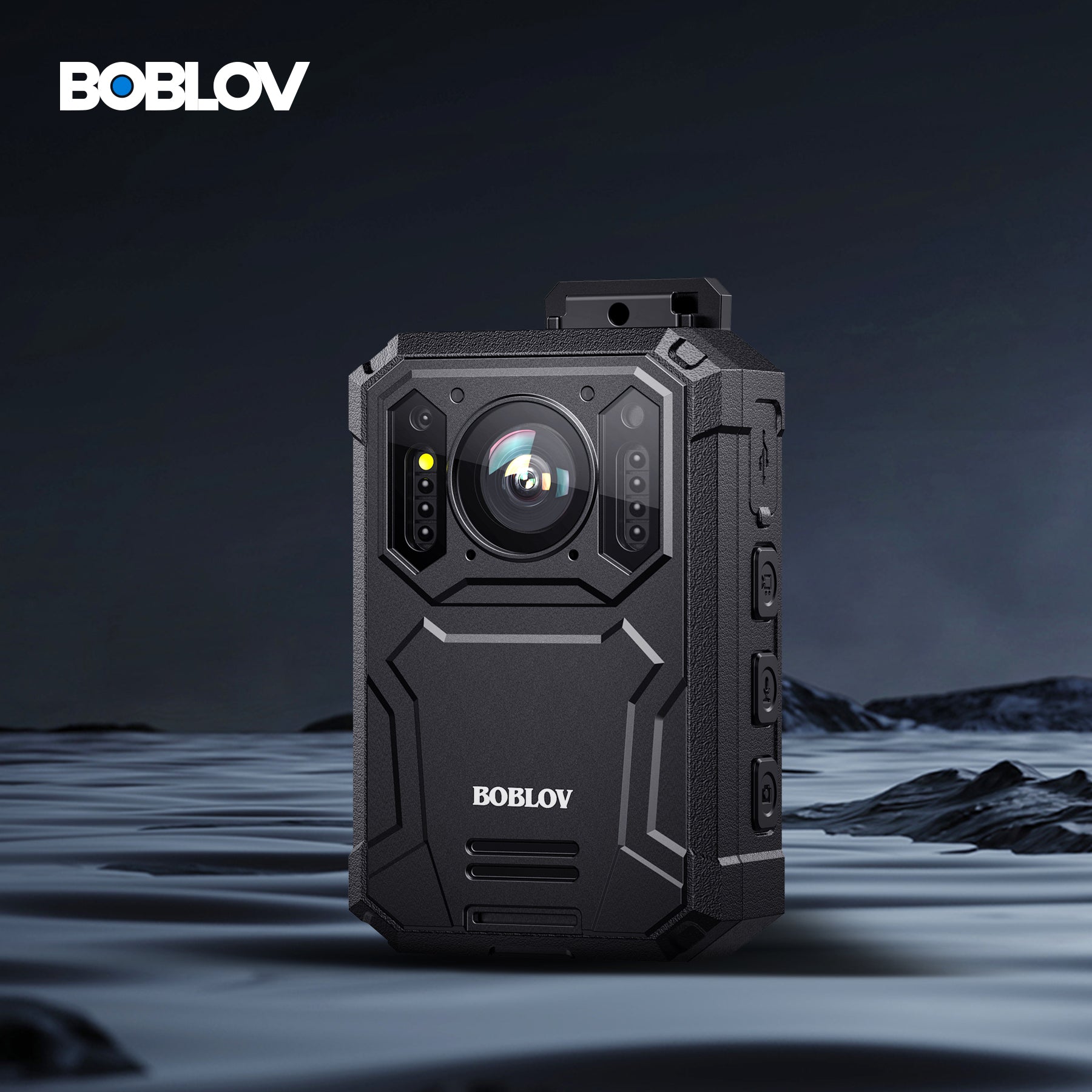The Importance of Body Cameras in Law Enforcement
Understanding the Role of Body Cams in Modern Policing
Body cams have become vital in modern policing. They offer clear records of police actions. This helps in both court cases and public review. Cams can deter bad behavior from officers and others. They also provide learning tools for law enforcement training. Videos from cams can build trust between police and the community. With these roles, body cams are key for justice and safety.

How Boblov Body Cams Contribute to Transparent Law Enforcement
Boblov body cams are key to open policing. They record events as they unfold. This gives clear proof of officers' actions. The cams help settle disputes about what happened. They also boost public trust in the police. With video, law eforcement work is more open. This makes police accountability stronger. Officers know that their actions are on camera. So they are more likely to follow rules. This is good for everyone. The community feels safer. And there is less conflict with the police.
Analyzing the Cost of Boblov Body Cams
Assessing the Investment: Price vs. Long-Term Benefits
When it comes to outfitting police with body cams, cost is a big factor. Boblov body cams offer solid features at various price points, making them a viable option for many departments. Yet, the initial expense is just part of the picture. We must weigh these costs against the long-term benefits of using body cams. These benefits include increased accountability, evidence quality, and public trust. Over time, these advantages can lead to fewer complaints and legal claims against officers, which can offset the initial investment. Moreover, the presence of body cams can deter criminal behavior and reduce the likelihood of confrontations, potentially leading to savings in legal and medical expenses. In this analysis, we'll dive into the costs associated with Boblov body cams and contrast them with the potential long-term gains for law enforcement agencies.
The Economic Impact of Body Cams on Law Enforcement Agencies
The adoption of Boblov body cams significantly influences the financial dynamics of law enforcement agencies. These devices demand initial purchase, maintenance, and data storage costs. However, they can lead to savings by reducing litigation expenses and fostering quicker resolution of citizen complaints. Additionally, their presence can curb misconduct, thereby decreasing the frequency of costly investigations and suits. It is crucial for agencies to consider these factors to justify the long-term economic impact of integrating Boblov body cams.
Integrating Boblov Body Cams into Your Agency
Best Practices for Implementing Body Cams
- Assess your agency's specific needs before purchase.
- Choose the right model that meets operational demands.
- Train officers thoroughly on the use of Boblov body cams.
- Establish clear policies for when and how cameras should be used.
- Secure data with strong storage and access protocols.
- Foster community engagement to explain the body cam program's goals.
- Regularly review footage for training and improvement.
- Set up a maintenance and replacement plan to manage wear and tear.
- Explore grant options to offset the initial investment cost.
Evaluating the Impact of Body Cams on Public Trust and Safety
The deployment of Boblov body cams is significantly affecting public trust and safety in various beneficial ways. Firstly, these devices enhance transparency, enabling the public to see and understand police actions during interactions. This transparency fosters trust and reassures the community about law enforcement integrity. Secondly, the presence of body cams has shown to reduce incidents of police misconduct and use-of-force cases, as officers know their actions are recorded. Such reductions contribute to safer engagements between police and civilians, improving public safety overall. These effects collectively suggest that integrating Boblov body cams can tremendously benefit law enforcement agencies in reinforcing trust and ensuring safety among communities.




